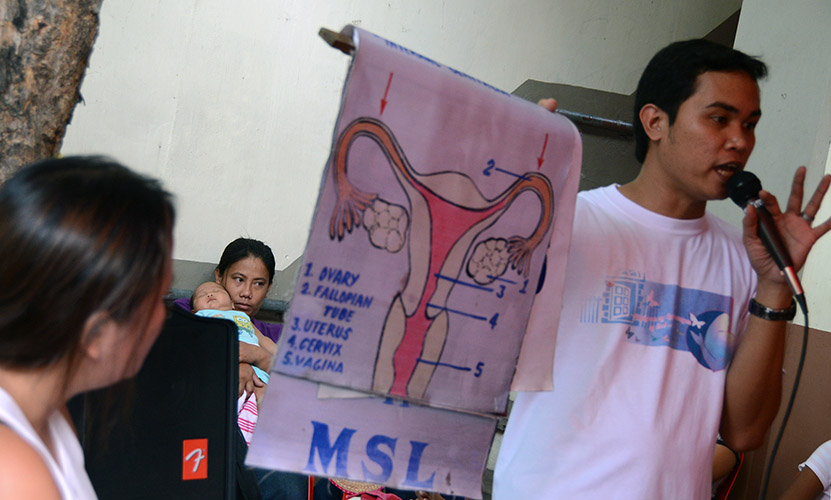As the country observes Safe Motherhood Week, Senator Win Gatchalian emphasized the need to establish birthing facilities in isolated and disadvantaged areas to reduce maternal deaths nationwide.

While the Department of Health (DOH)’s Department Circular No. 2020-0167 maintained that maternal healthcare services in times of disasters and the COVID-19 pandemic must continue, Gatchalian said that containment measures such as restricted transportation and curfews make it harder for pregnant women in far-flung areas to access birthing facilities.
Given the current strain to the country’s health care system which jeopardizes the number of available health workers who can attend to pregnant women, the lawmaker said that the increased access to birthing facilities is key to ensuring the safety of mothers and their newborns for future emergencies or pandemics.
Citing his Senate Bill No. 882 which was filed last year, Gatchalian has proposed the establishment of birthing centers in far-flung areas. Under the proposed measure, birthing facilities will be built in areas where distance and transportation pose greater risks to a mother and her unborn child.
These facilities should be operational 24 hours a day, seven days a week. Available services in these centers will include pre-natal and post-natal care, normal spontaneous delivery for low-risk pregnant women, newborn care, and other related healthcare services. Competent health care practitioners, including DOH-trained birth attendants should give support to the facility’s operations.
This should come with the creation of a team of barangay health workers who will regularly check on pregnant women in the community. Antenatal check-ups by these health workers must identify at-risk pregnancies or anticipate complications in deliveries, which should directly be referred to clinics or tertiary hospitals with well-equipped facilities.
The bill says midwives and trained traditional birth attendants should be allowed to attend to the childbirth to ensure maternal and neonatal safety. The DOH should conduct the necessary training to properly equip them with the skills to provide proper care during pregnancy, childbirth and postnatal periods.
To make these birthing centers sustainable, the bill establishes a Lay-Away program, where expectant mothers will pay minimal fees in portions for the cost of giving birth.
According to the United Nations report Trends in Maternal Mortality: 2000-2017 released last year, the estimated maternal mortality ratio in the Philippines in 2017 was 121 per 100,000 live births.
“Dapat napaghahandaan natin ang mga ganitong pandemya para sa kapakanan ng kalusugan ng mga ina, lalo na’t mahirap para sa marami sa kanila ang makarating sa mga pasilidad para sa panganganak. Ang pagkakaroon ng sapat na mga pasilidad para sa panganganak ay hindi lamang mahalagang usapin ngayong mayroon tayong pangkalusugang krisis, mahalaga rin ito para sa mga susunod pang henerasyon ng mga ina at ng magiging anak nila,” said Gatchalian.


